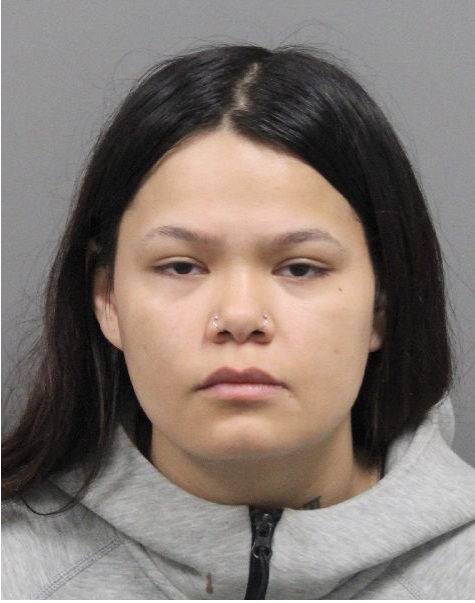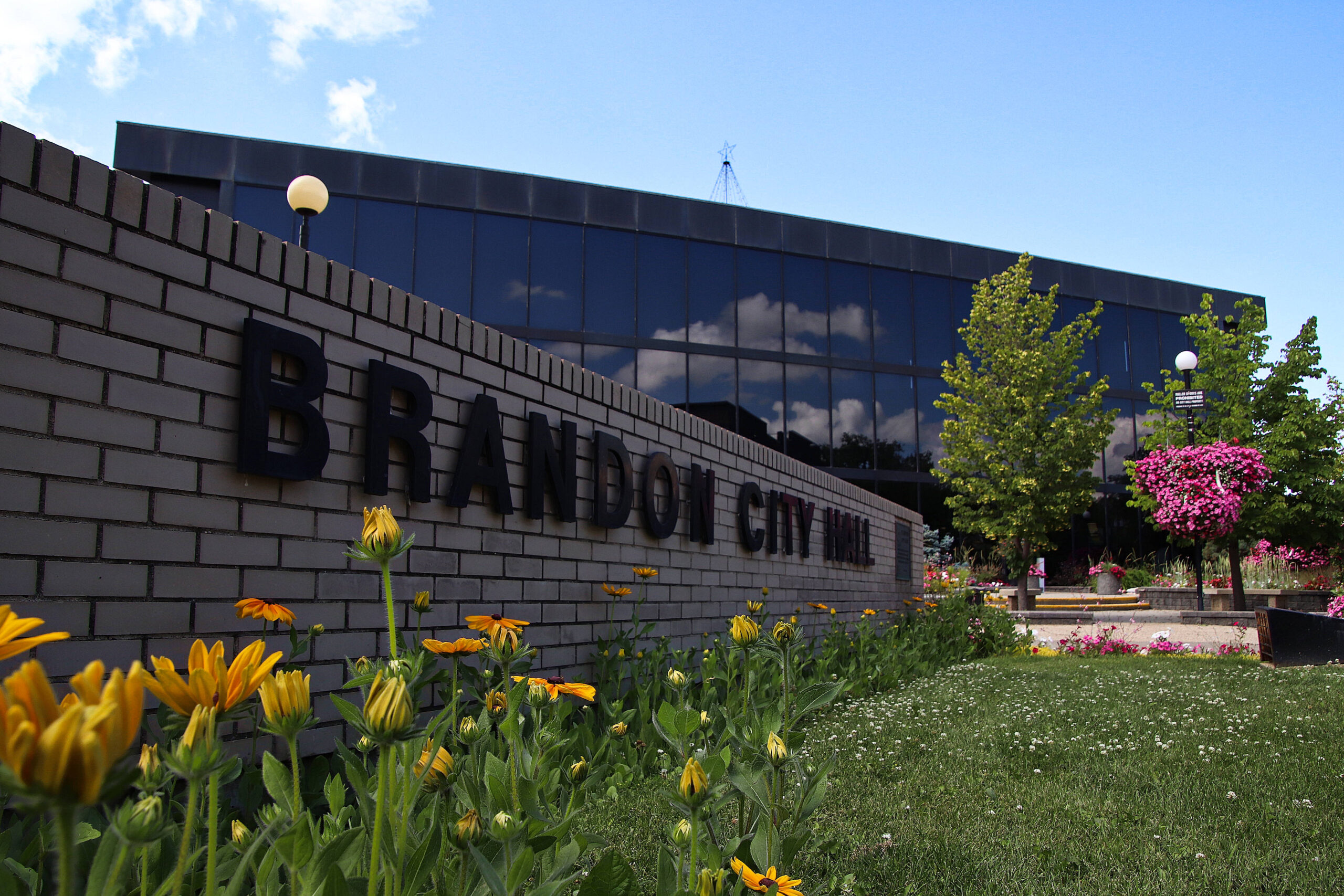Manitoba Government on Track to Hire 1,000 Net New Health-Care Workers
(File Photo)
One year into its first term and six months into its first provincial budget, the Manitoba government is over halfway to its goal of hiring 1,000 net new health-care workers, Premier Wab Kinew and Health, Seniors and Long-Term Care Minister Uzoma Asagwara announced today at Grace Hospital.
“Manitobans told us clearly they want more nurses, doctors and health-care professionals working in our province,” said Kinew. “We made an ambitious promise to add 1,000 net new people into our system and today we’re proud to say we’re more than halfway to that goal. Setting big goals like this is exactly what government is for. When we work together, we can get things done that aren’t possible on our own.”
The premier noted the staff means Manitoba is making progress on the government’s commitment to hire hundreds of specific professions over the four-year term. From April 1 to Aug. 31, 873 net new health-care workers have been added, of which 116 are physicians, 304 are nurses, 290 are health-care aides and 87 are allied health. Staff has come into the system across the province, with increases in staffing in every region and at CancerCare Manitoba.
“Every new health-care worker in our province takes us one step closer to repairing the damage done by the previous government,” said Asagwara. “With staff at our side, we can make progress on shortening wait times and delivering the best quality care. “We’ve left no stone unturned when it comes to adding more staff into the system and we’re going to keep going so we can start to turn the corner on some of the most important priorities in health care. To every person who decided to pursue a career in health care, or came back to the system, thank you.”
The plan laid out steps taken to recruit new health-care workers, entice staff back into the system from private health care, expand opportunities for new graduates and reset the relationship with health-care staff after years of disrespect under the previous government, noted the premier.
The government has:
- taken steps to change the culture in health care including sending letters to every new graduate, holding five listening tour town halls and working to hire every new graduate into the system;
- improved safety measures for staff at major hospitals;
- increased seats in training programs for medicine, physician assistants, occupational therapy, physiotherapy and nursing;
- increased the number of training spots for internationally educated medical graduates;
- launched a new Healthcare Retention and Recruitment Office focused on helping internationally educated health-care professionals find jobs or training in Manitoba;
- changed the requirements to make it easier for nurses to return to practice; and
- increased flexibility for nurses joining the provincial float pool.
“Growing up watching my mom work as a nurse for over 36 years guided me to this profession that I am so fortunate to be a part of,” said Tiana Wyryha, a newly graduated nurse working in Children’s Emergency, Health Sciences Centre. “I’m so glad to work in Manitoba’s health-care system because Manitoba is my home and I strive to give back to those within my community.”
“Manitoba has given a lot to me. I grew up here and attended the University of Manitoba for undergrad, med school and residency,” said Dr. Matthew Buchok, psychiatrist, Health Sciences Centre. “I’m grateful to have the opportunity to stay and practice in Manitoba and have a positive impact on our community.”
The premier noted the numbers are a result of the government’s investments in retaining, recruiting and training more health-care workers including adding new training seats, streamlining licensing for internationally educated health-care workers and emphasizing community recruitment. The premier and minister have also sent a letter to every recent graduate to welcome them to Manitoba’s health-care system.


 -7.8°C Brandon,CA
-7.8°C Brandon,CA


 164
164










